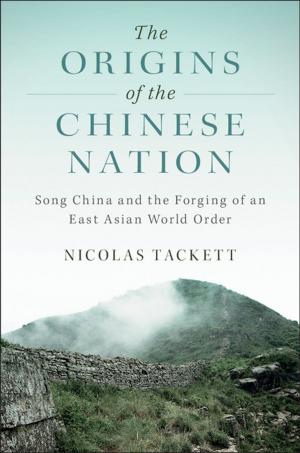Equality for Inegalitarians
Nonfiction, Religion & Spirituality, Philosophy, Political, Social & Cultural Studies, Political Science| Author: | George Sher | ISBN: | 9781316053553 |
| Publisher: | Cambridge University Press | Publication: | July 17, 2014 |
| Imprint: | Cambridge University Press | Language: | English |
| Author: | George Sher |
| ISBN: | 9781316053553 |
| Publisher: | Cambridge University Press |
| Publication: | July 17, 2014 |
| Imprint: | Cambridge University Press |
| Language: | English |
This book offers a new and compelling account of distributive justice and its relation to choice. Unlike luck egalitarians, who treat unchosen differences in people's circumstances as sources of unjust inequality to be overcome, Sher views such differences as pervasive and unavoidable features of the human situation. Appealing to an original account of what makes us moral equals, he argues that our interest in successfully negotiating life's ever-shifting contingencies is more basic than our interest in achieving any more specific goals. He argues, also, that the state's obligation to promote this interest supports a principled version of the view that what matters about resources, opportunity, and other secondary goods is only that each person have enough. The book opens up a variety of new questions, and offers a distinctive new perspective for scholars of political theory and political philosophy, and for those interested in distributive justice and luck egalitarianism.
This book offers a new and compelling account of distributive justice and its relation to choice. Unlike luck egalitarians, who treat unchosen differences in people's circumstances as sources of unjust inequality to be overcome, Sher views such differences as pervasive and unavoidable features of the human situation. Appealing to an original account of what makes us moral equals, he argues that our interest in successfully negotiating life's ever-shifting contingencies is more basic than our interest in achieving any more specific goals. He argues, also, that the state's obligation to promote this interest supports a principled version of the view that what matters about resources, opportunity, and other secondary goods is only that each person have enough. The book opens up a variety of new questions, and offers a distinctive new perspective for scholars of political theory and political philosophy, and for those interested in distributive justice and luck egalitarianism.















